Requirements for bio-fabrication devices combining engineering and biology among Israeli companies and Technion researchers
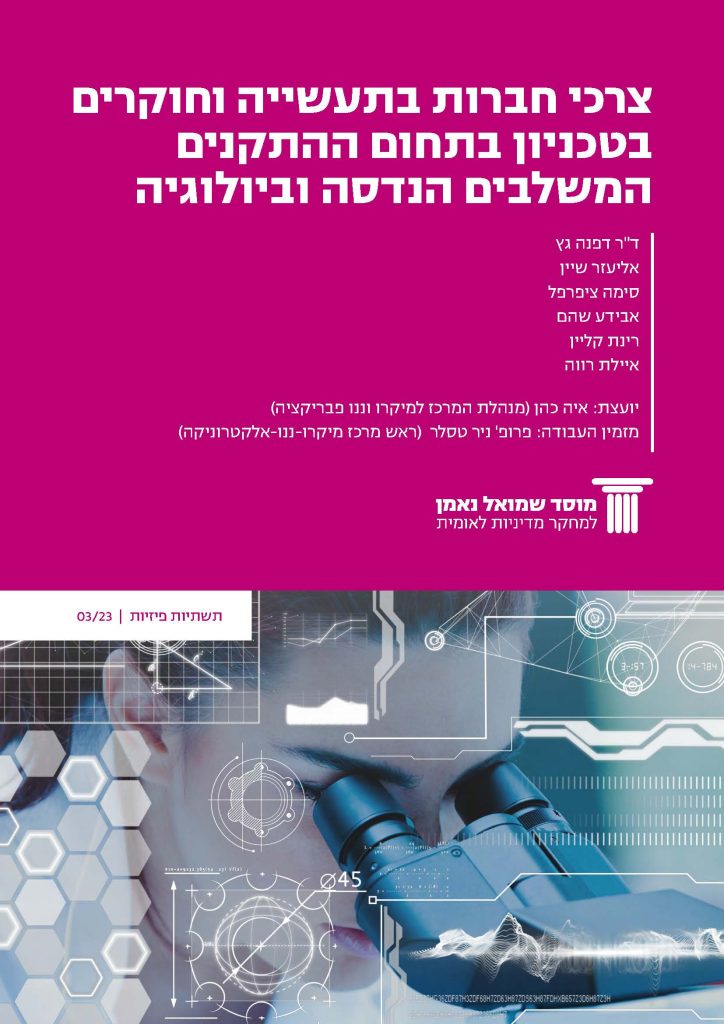
As part of developing the bio-convergence field as an economic growth engine for Israel, there is great importance in collecting data concerning the industrial need for infrastructure and services. This includes information about the required equipment, the types of products for which service is required, what engineering skills are needed, expertise in design processes, and […]
From Geo/Bio-Politics to G2G Agreements and Public–Private Partnership: the Unique Role of the Israeli Eco-System in Ethiopia
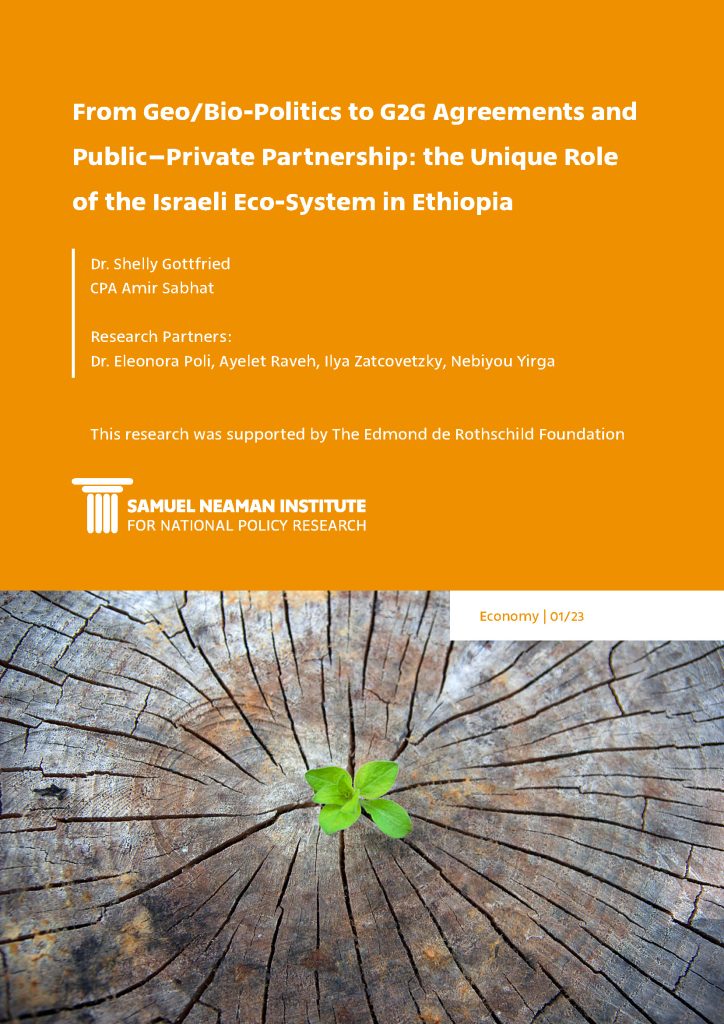
The Purpose and Contribution of the Study Israeli–Ethiopian relations were first established in 1956. Israel has traditionally regarded Ethiopia as an important country, both politically and geo-strategically. The relationship has been characterized by the dominance of the state. The first instance of this dominance was the involvement of both governments in the massive waves of […]
Science, Technology, and Innovation Indicators in Israel: An International Comparison -2021 – Part a – Key figures
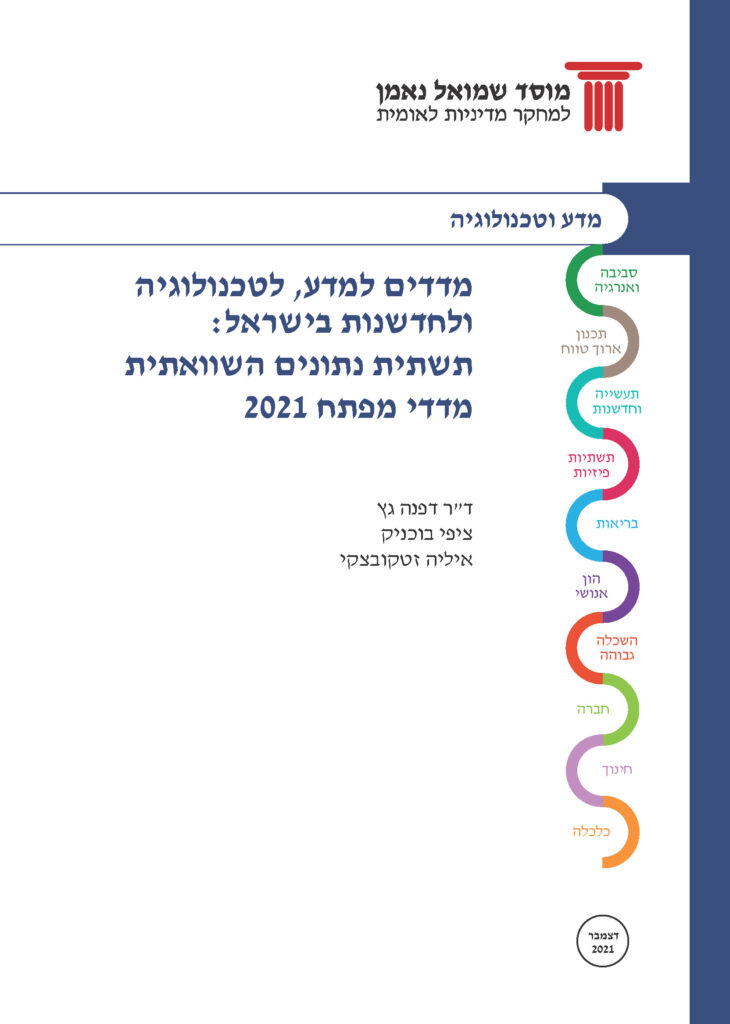
Neaman Institute is pleased to present the ” Science, Technology, and Innovation Indicators in Israel: An International Comparison – 2021″. This publication contains many key figures for Israel regarding science and technology input and output, and covers more than a decade of international comparisons, as well as many other indices. This information can contribute to […]
Science, Technology and Innovation Indicators in Israel: An International Comparison -2021 – part B
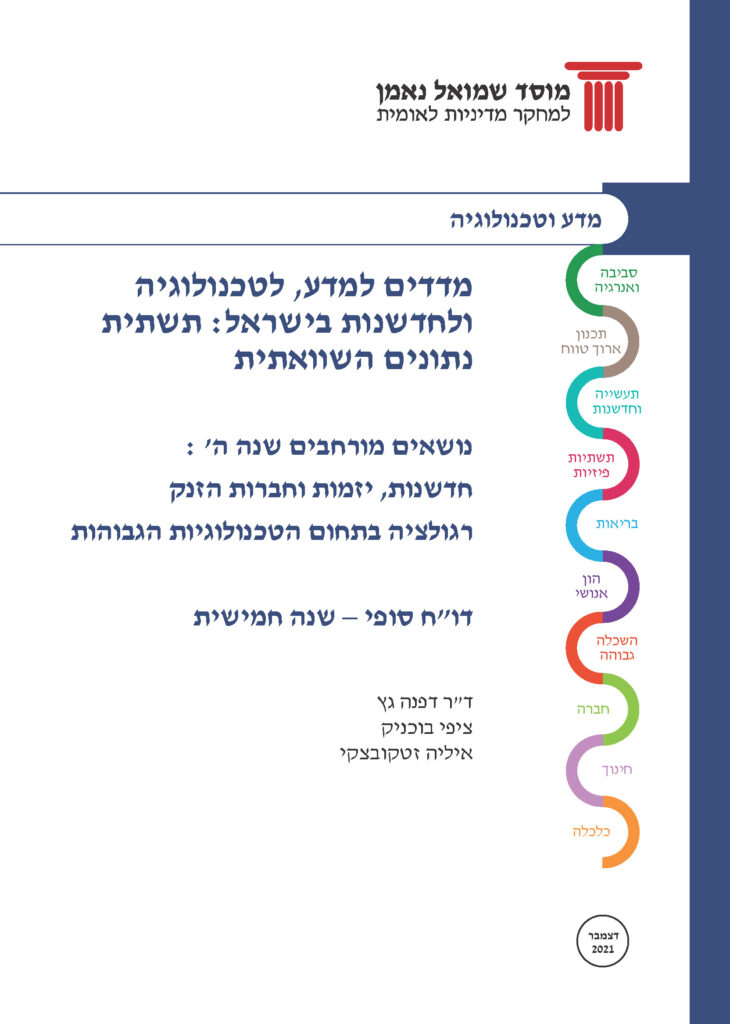
Neaman Institute is pleased to present the “Science, Technology, and Innovation Indicators in Israel: An International Comparison – 2021”. This publication contains many key figures for Israel regarding science and technology input and output, and covers more than a decade of international comparisons, as well as many other indices. This information can contribute to the […]
Why Startups Fail: A Survey of Empirical Studies
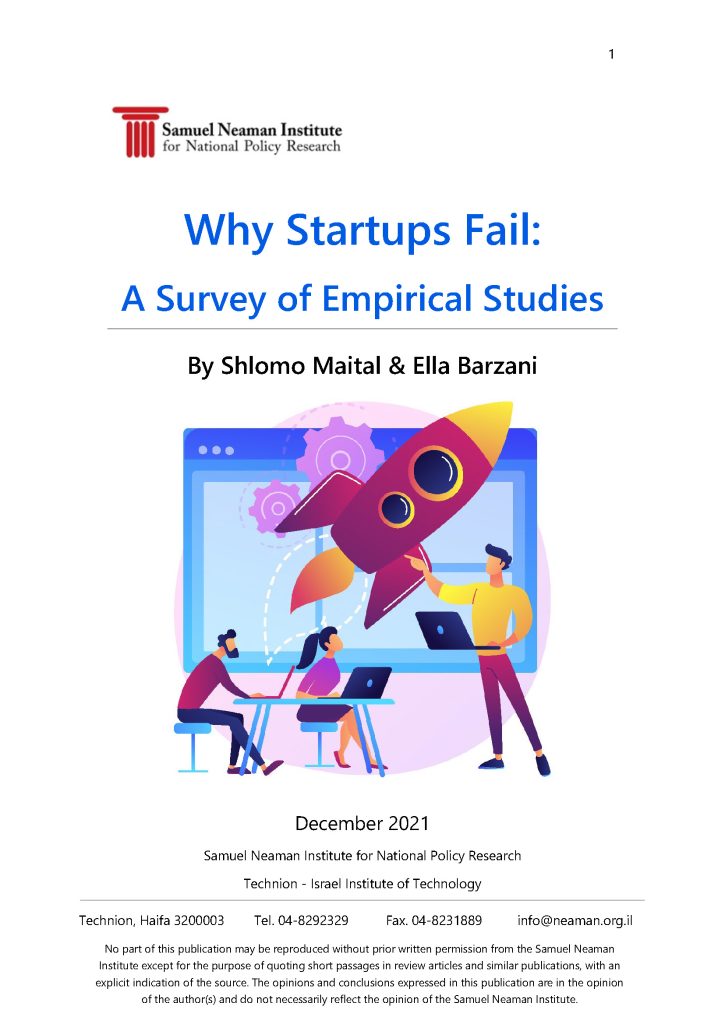
90% and more of all hi-tech startups fail. True, innovation is very risky, however the odds of failure can be improved. In this study, we survey the empirical literature on the causes of startup failure and propose that the odds of success can be improved by thorough advance preparation.
Indices for Science, Technology and Innovation in Israel and international comparison. Key Figures
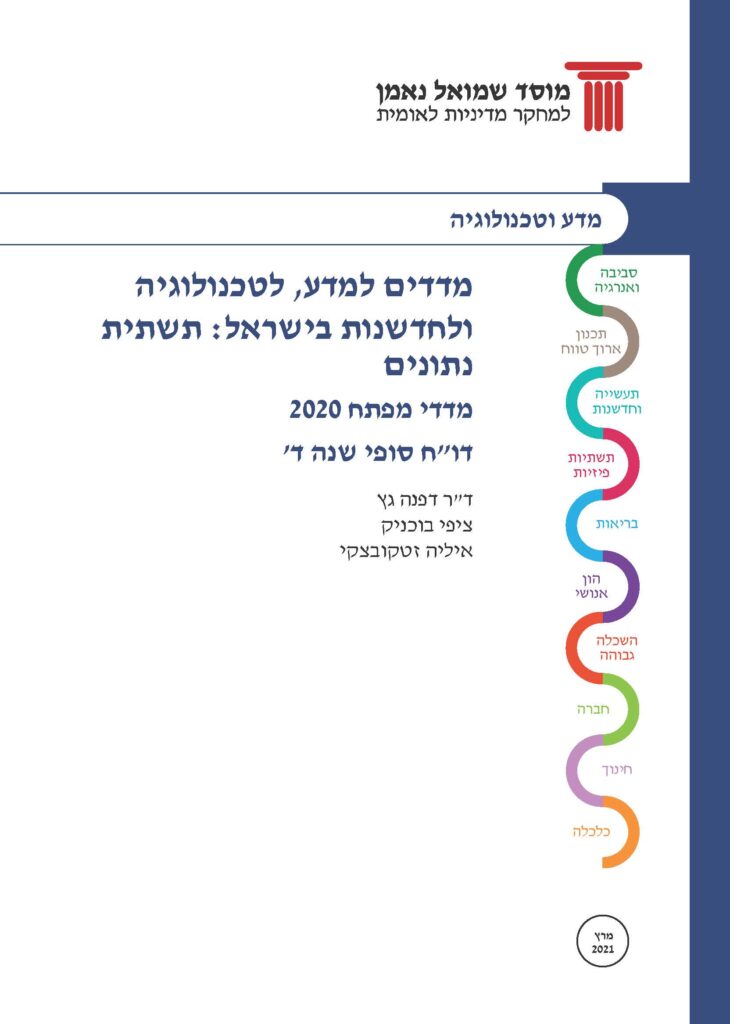
The report presents a host of indicators of science, technology, and innovation in Israel. The report is designed to provide diverse and useful information, through different perspectives on these issues.
Creative Ideation: A Review of the Literature
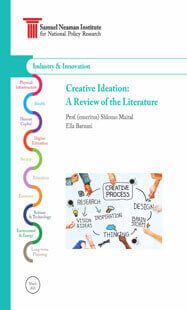
This research paper surveys over 30 research papers on “creative ideation”, focused on (a) the form of novel and useful ideas, a definition of creativity, and (b) the function, or process, of Creativity (defined as ‘widening the range of choices’). A pervasive theme is the tension between the open, “wild” creative thinking and the disciplined […]
Industrial symbiosis – barriers for implementation in Israel
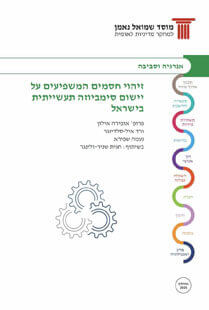
Industrial symbiosis is defined as wastes or by‐products of an industry or industrial process that used as a resource or raw materials for another. The purpose of industrial symbiosis is to create loops of materials while minimising the leakage of natural resources as water, energy and waste – demonstrating some key parts of a circular economy, at a local scale […]
From M&Ms to Teabags: Lessons from Low-Tech Innovators
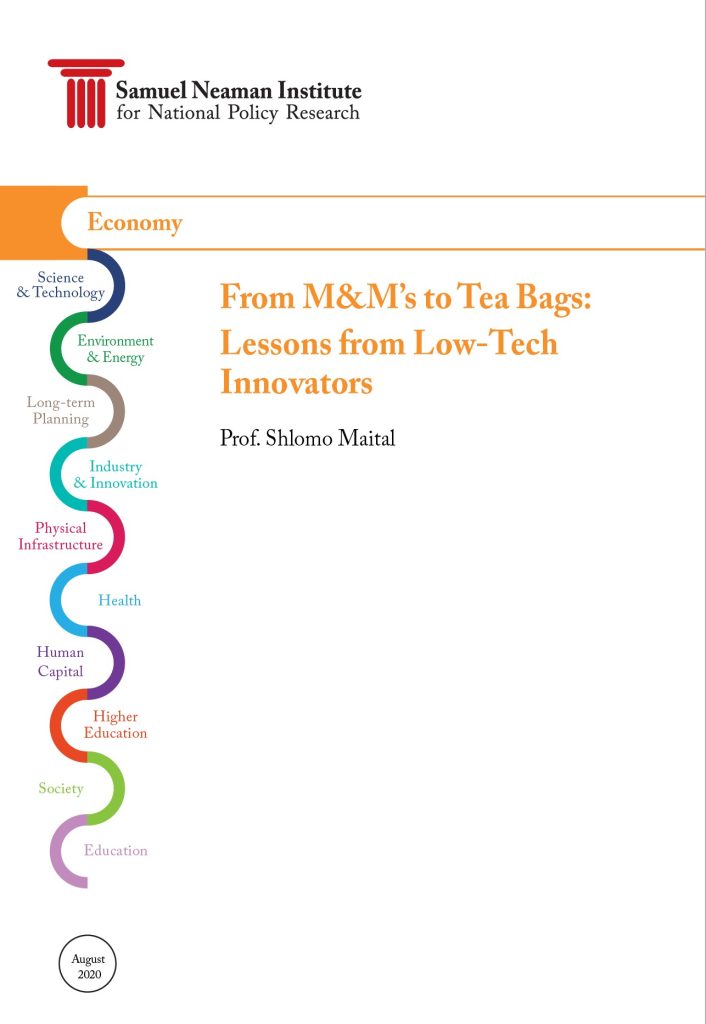
This study recounts the stories of some 11 creative innovations, from the world of low-tech, from M&Ms to teabags, and draws key insights from them
Energy Forum 48: Energy in a Smart City
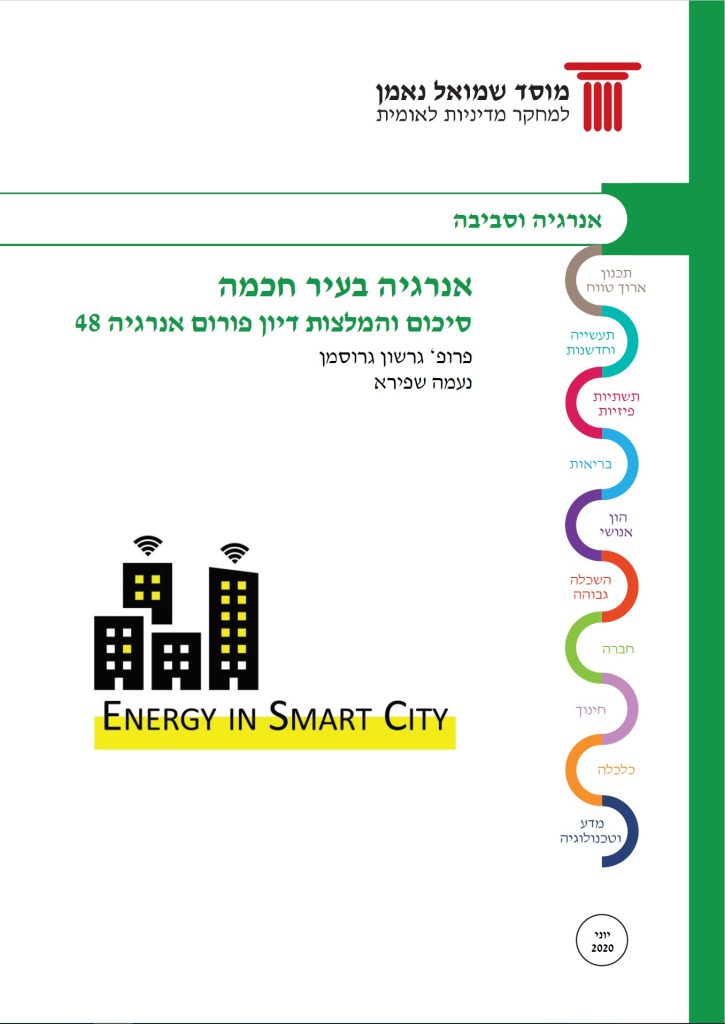
Most of the world’s population now resides in cities. By 2030, the population of the cities around the world is expected to grow from 3.3 billion to 5 billion people. In Israel, approximately 6 million residents live in urban communities. Because of resource constraints, it may become difficult to provide all the services to city […]
